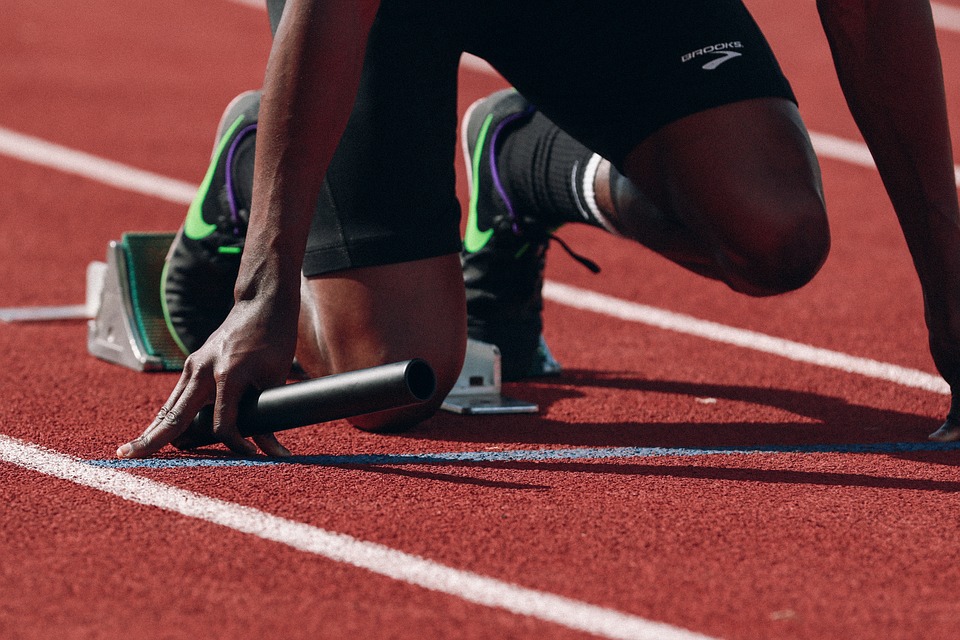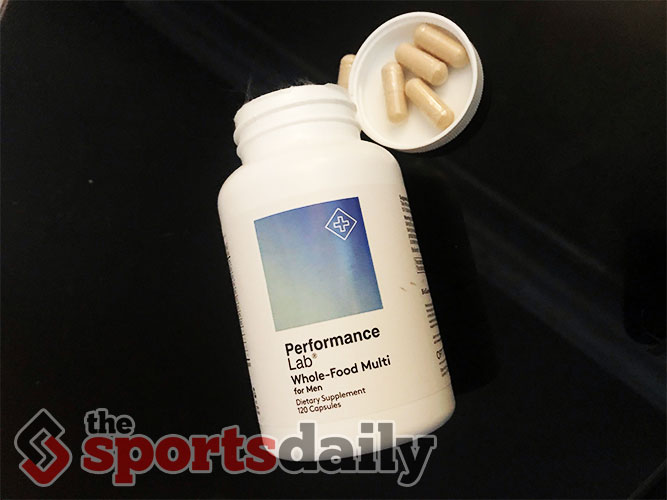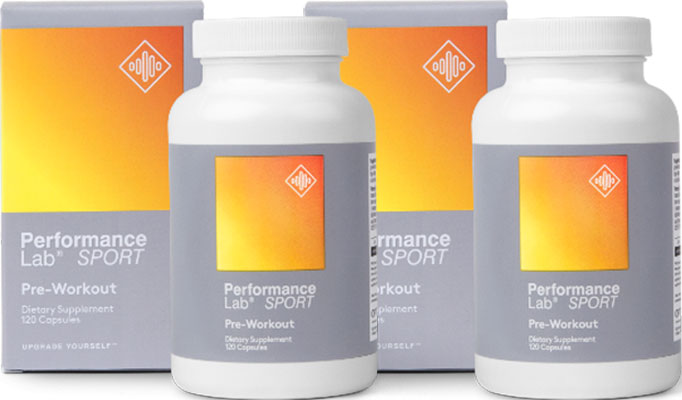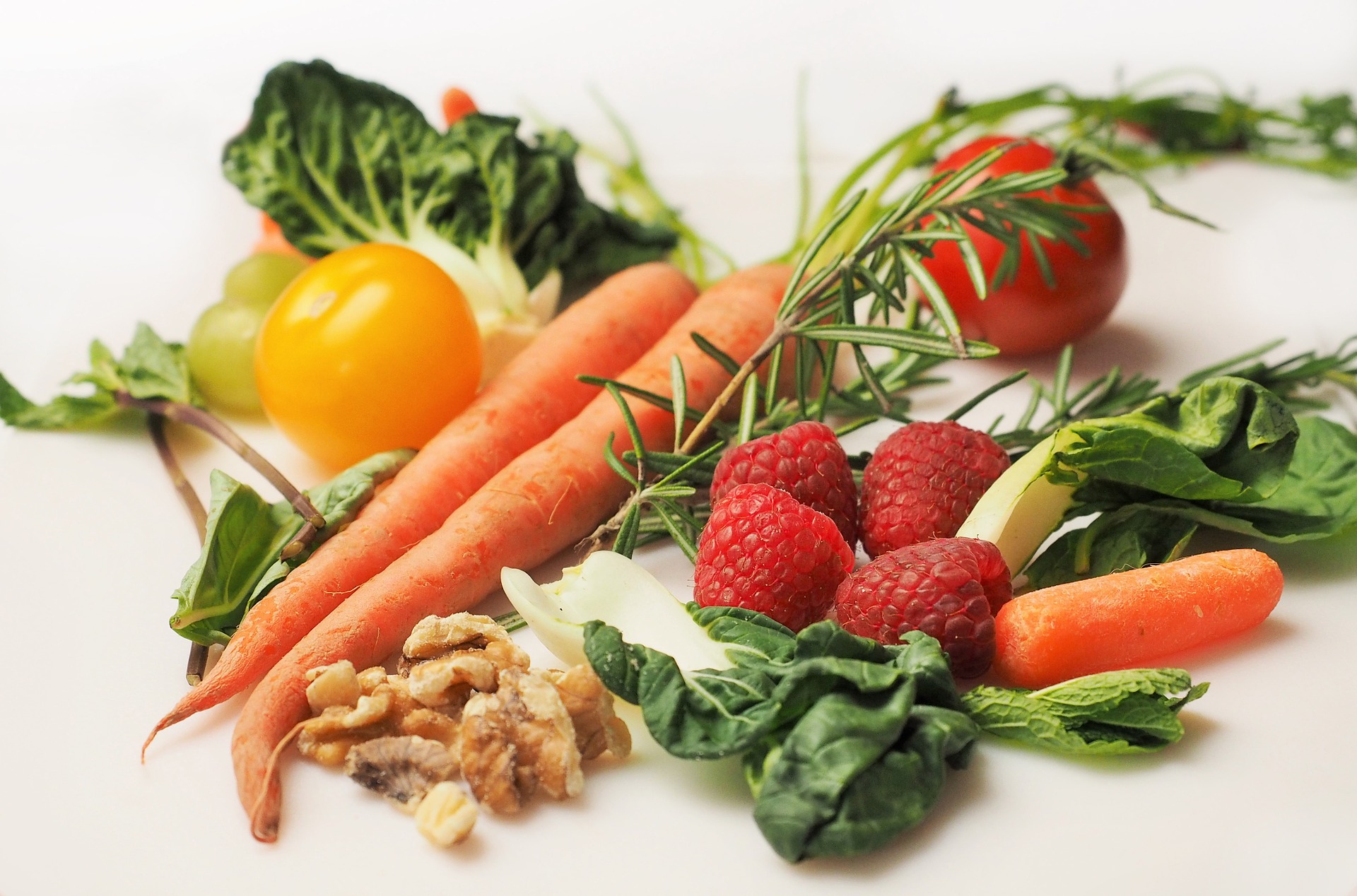A 2018 Gallup poll revealed that approximately 5% of Americans are vegetarian, while 3% identify as vegan. But that isn’t the full story.
When you consider that the sale of plant-based milk alternatives (coconut/ almond milk) grew by 9% from 2017-18 – and now accounts for 13% of total milk sales – while plant-based meat alternatives grew by 24%, it becomes clear that the vegetarian or vegan lifestyle is going mainstream.
More and more people are opening up to the idea of a healthy vegetarian or vegan diet. There are more meat or dairy-free food options available than ever before and vegan restaurants opening up in even the smallest of towns.
Despite ignorant claims in the early days, vegetarians and vegans are not in any danger of passing out from a lack of protein or iron. There are many vegan-friendly foods that contain protein, and foods such as lentils, nuts, and seeds are great sources of iron.
Despite ignorant claims in the early days, vegetarians and vegans are not in any danger of passing out from a lack of protein or iron. There are many vegan-friendly foods that contain protein, and foods such as lentils, nuts, and seeds are great sources of iron. You can find a great list of the healthiest nuts here.
That doesn’t mean that people who avoid meat should not consider supplementation though. While protein can be found in many plant-based foods, there are several vitamins and minerals that are harder to get enough of when following a meat-free diet.
Vegan and vegetarian athletes are most in need of supplementation; this is because exercising at high intensity can deplete vitamins and minerals, meaning that an athlete would require higher daily intakes compared to a sedentary or semi-sedentary person.
It is because of this that ALL athletes, not just vegan or vegetarian athletes, should consider taking a multivitamin. Of course, for the latter group, the key is finding a suitable vegan multivitamin. A great many multivitamins on the market use gelatin capsules as a delivery mechanism, making them unsuitable for vegetarians and vegans.
That’s why we rate the Performance Lab range of supplements – including its Whole-Food multivitamin for men or women – as our favorite vegan-friendly option.
Vitamins & Minerals that Vegetarian and Vegan Athletes May Lack
When it comes to diets, the subject of deficiencies can be a bit difficult to talk about. For some reason, whether you are vegan or not has become a hot-button issue on social media. It is important to therefore explain that just because you are more likely to be deficient in something when following a vegetarian or vegan diet, it does not mean that this deficiency is inevitable.
A 2009 study in the Journal of the American Dietetic Association found that vegetarians (and vegans) are more susceptible to deficiencies in “protein, n-3 fatty acids, iron, zinc, iodine, calcium, and vitamins D and B-12”.
In an article titled “Vegan Diets: practical advice for athletes and exercisers” by David Rogerson (2017) the list of possible deficiencies of a vegetarian and vegan diet are outlined, and how they affect sporting performance are mentioned.
Rogerson points out that vegan diets are likely to be deficient in iron, zinc, riboflavin (vitamin B2), protein, fat, vitamin B12, calcium, and iodine.
He points out that these deficiencies could increase the risk of anemia in female athletes, as well as low bone-mineral density. Energy balance is also mentioned as an issue (particularly if trying to gain weight). He recommends vitamin B12, vitamin D, iron, iodine, calcium, zinc, and nuts, avocadoes, and oils for fat needs.
Creatine is also mentioned as a supplement that vegetarians and vegans should consider. This is because creatine is mostly found in red meat, meaning that vegans and vegetarians do not store as much creatine in their body as omnivores.
A 2004 study found that vegetarians had a lower creatine muscle content than omnivores and saw greater uptake of creatine through supplementation.
Ideal Supplements for Vegetarians and Vegans
The most obvious supplement that a vegan or vegetarian athlete will require is a multivitamin. Performance Lab Whole-Food Multi: Men’s and Women’s formula is a good choice. Both the men’s and women’s formulas contain 4mg of riboflavin (vitamin B2), the men’s multi contains 18mg of calcium while the women’s multi contains 21mg (due to women being more susceptible to low bone-mineral density).
Both multivitamins contain 150mcg of iodine, and the men’s multi contains 2mg while the women’s multi contains 8mg of iron (women need more iron due to menstruation). Both contain zinc (15mg for men, 10mg for women) and both contain 50mcg of vitamin B12.
Both also contain 1000IU of vitamin D (25mcg) – a generous dose when you consider the U.S. Food and Nutrition Board recommends 15mcg of vitamin D for supplementation.
There are other supplements that a vegetarian or vegan athlete may want to consider. A plant-based protein powder would be a good idea – particularly if you are looking to increase muscle or power.
Vegan and vegetarian men might also want to consider taking Performance Lab SPORT T-Booster. Studies have repeatedly shown that vegetarian diets lead to men having less testosterone than omnivores.
Low testosterone levels can have many effects on men, and particularly on athletes. Negatively affecting recovery and growth, sleep quality, mood, cognition (how well you think and remember things), and also affecting libido. Performance Lab SPORT T-Booster is a natural, vegetarian-friendly supplement that contains completely legal supplements that can help to increase testosterone in men who are suffering from low testosterone.
One important thing to note is Sport T-Booster is the only non-vegan product in Performance Lab’s line-up of supplements due to a process with Ashwagandha involving milk – the good news is that it is still vegetarian.
Other supplements that you might consider would be a pre-workout and post-workout. If you check out the Performance Lab SPORT Pre-Workout, you can see that it is an excellent source of creatine and beta-alanine. Vegetarians and vegans have approximately 50% less carnosine in their muscles than meat-eaters, and supplementation with beta-alanine (included here as CarnoSyn®), can help to raise levels.
Performance Lab SPORT Post-Workout also contains creatine. You could pick either one or take both. You would immediately see improvements in your performance and recovery. Even more so than an omnivore would!
Five Tips for Vegetarian and Vegan Athletes
#1 Vary your protein intake as much as possible
One claim that is aimed at vegan diets is that although it is possible to get enough protein, it is very difficult to get a complete amino-acid profile. Protein is made up of 20 different amino-acids (9 essential and 11 non-essential), and you want to get all of them into your diet. This is known as a complete amino-acid profile.
While it is harder to achieve on a vegan diet (because you have less variety in your diet) it is still possible. But eating a large range of non-meat protein sources such as seeds, legumes, nuts, wheat, and rice can help you to reach your target.
#2 Ensure that you are consuming enough food to fuel your workouts
Many vegans (less so for vegetarians) find it difficult to consume enough food to meet their requirements. Athletes in particular suffer from this as they burn so many calories during the day.
Most plant-based foods are low in calories and high in nutrients. Which makes them perfect for weight-loss, but problematic for athletes trying to maintain or gain weight.
Finding calorie-dense foods such as nuts can really help. Peanut butter is a great example.
#3 Concentrate on sleep as you will need extra time to recover
This is good advice for any athlete, and several important studies have demonstrated that improved sleep can boost recovery and sporting performance the next day.
However, as vegans and vegetarians tend to have lower testosterone levels, this can affect sleep quality. A potential lack of protein and creatine can also slow down recovery.
You don’t need to sleep 11 hours a night or anything but ensuring that you are getting at least seven hours could really help.
#4 Create a routine for your supplements to ensure you take them consistently
We’ve recommended an excellent multivitamin and a couple of other supplements that can really help you to train as hard as any meat-eater.
However, these supplements will only work if you are consistent with them. Taking them five times within 30 days, for instance, is not going to yield any improvements.
You need to take them every day. Because of this, you really need to create a routine so that taking each supplement becomes as natural as eating breakfast or brushing your teeth before bed.
In fact, taking them with breakfast might be a good idea. An easy addition to the morning routine.
#5 Consider vegan-friendly pre-workout supplements as BCAAs are often not vegan-friendly
What’s great about the Performance Lab SPORT Pre-Workout is that it provides a vegan-friendly source of creatine, beta-alanine, citrulline and Glutathione. This is great because many other pre-workouts on the market contain BCAAs which can be from animal products.
Always remember to check the labels of your supplements. Of course, as you would expect, Performance Lab’s SPORT BCAA is also vegan-friendly.
Final Thoughts
Not everyone needs a multivitamin, however people following vegetarian and vegan diets could absolutely benefit from taking one. Athletes would also benefit from the replenishment of certain nutrients. As a vegan or vegetarian athlete your need is greater than anybody!
With a high-quality multivitamin supplement and a great source of creatine and beta-alanine (delivering carnosine), you should be just as able to compete as any non-vegetarian athlete. Just remember to always prioritize sleep and recovery.
Don’t think of multivitamin supplements as the answer to all your problems; you should always try to ensure that you are getting your vitamins and minerals from your diet. But none of us are perfect, and any diet that restricts certain foods (in this case animal products) is going to be difficult to avoid some deficiencies. Think of a multivitamin as an insurance policy. In this case, a really effective insurance policy!
Add The Sports Daily to your Google News Feed!










